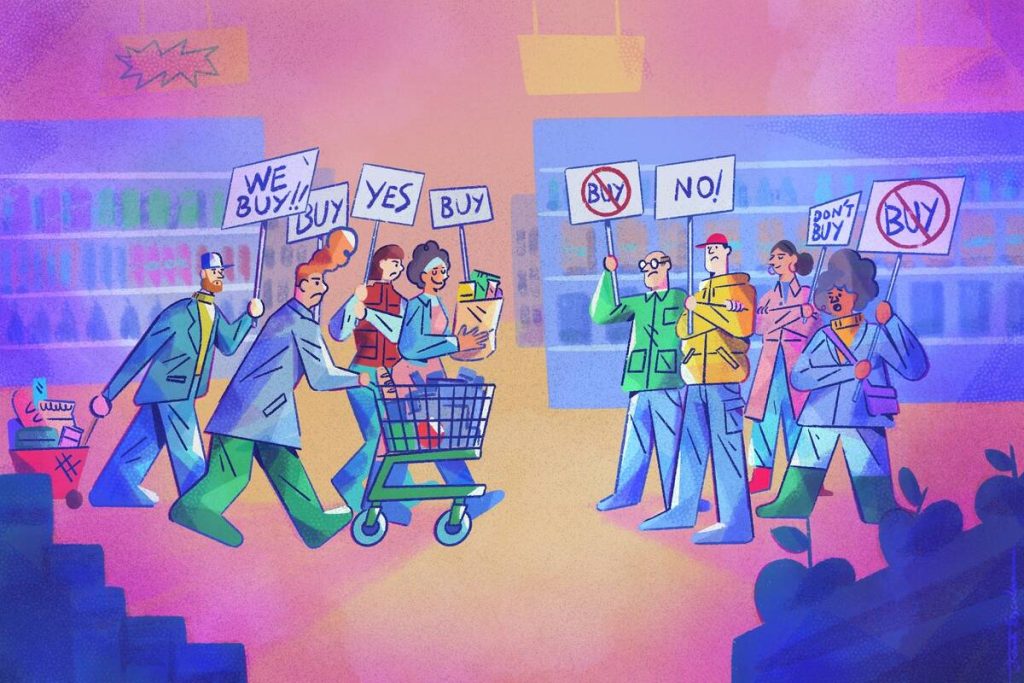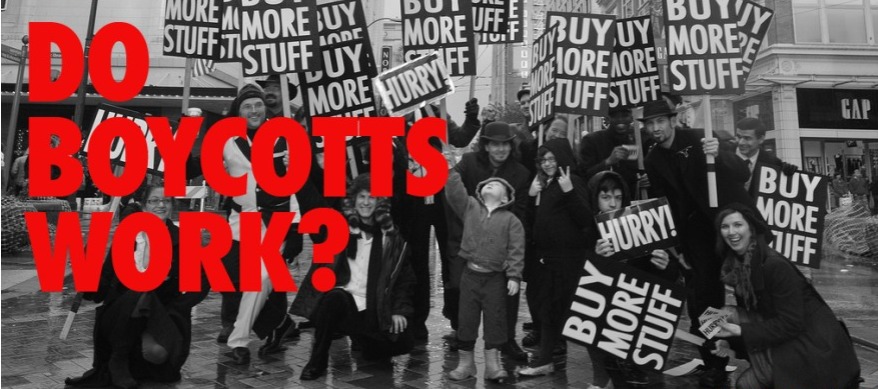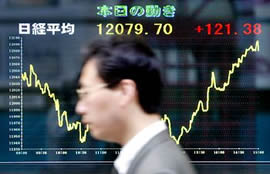social media
In today’s world of social media, when a company you like takes a stance that you disagree with, you might feel the urge to join a boycott AI avatar. But there’s also a different group pushing for a “buycott” to support the company. New research has looked into which of these groups has a bigger influence.
Anna Tuchman, a marketing professor at Kellogg, led this study to understand what happens to customer behavior and sales when a company faces a political crisis on social media. Unlike previous research that mainly focused on boycotts, this study considered both boycotts and buycotts.
Surprisingly, the research found that the buycott effect, where people support the company, was more powerful than the boycott effect, which seeks to hurt the company. This resulted in increased sales. However, this boost in sales was only temporary.
To illustrate this, let’s take the example of Goya, a company selling Latin food products. When Goya’s CEO praised then-President Trump, it triggered backlash, and many called for a boycott. At the same time, Trump supporters started a buycott. Despite the negative sentiment, Goya reported a massive increase in sales.
To understand the real impact on sales, the researchers analyzed shopping data from households that had bought Goya products between January 2019 and December 2020. They found that the buycott significantly increased sales, especially in areas that leaned Republican. Importantly, Goya’s loyal Latino customers did not stop buying Goya products, even when prominent Latino figures supported the boycott.
In the end, the buycott turned out to be more effective than the boycott, increasing Goya’s sales by 22% in a short period, though this increase didn’t last. Political polarization among U.S. consumers played a significant role.
Not all companies experience boycotts and buycotts in the same way. Goya’s unique case shows the power of brand loyalty, especially when there are no suitable alternatives. Additionally, switching grocery store brands is easy, which makes buycotts accessible to consumers, but this might not be the case for higher-cost items.

In conclusion, grocery store brands are not as obvious symbols of political identity compared to more visible products like clothing or cars. The Goya case, while unique, provides evidence that a boycott doesn’t necessarily lead to bad business results, especially when there’s also a buycott. This research shows that the effects of these social media-driven protests tend to be short-lived. However, one thing to consider is that sometimes, increased publicity during a scandal can boost sales.
To sum it up, the impact of boycotts and buycotts on a company’s bottom line is more complex than you might think. While Goya’s experience is not the same for every company, it does give us insights into how public sentiment and business results interact during politically charged times.
In conclusion, grocery store brands are not as obvious symbols of political identity compared to more visible products like clothing or cars. The Goya case, while unique, provides evidence that a boycott doesn’t necessarily lead to bad business results, especially when there’s also a buycott. This research shows that the effects of these social media-driven protests tend to be short-lived. However, one thing to consider is that sometimes, increased publicity during a scandal can boost sales.
To sum it up, the impact of boycotts and buycotts on a company’s bottom line is more complex than you might think. While Goya’s experience is not the same for every company, it does give us insights into how public sentiment and business results interact during politically charged times.
In conclusion, grocery store brands are not as obvious symbols of political identity compared to more visible products like clothing or cars. The Goya case, while unique, provides evidence that a boycott doesn’t necessarily lead to bad business results, especially when there’s also a buycott. This research shows that the effects of these social media-driven protests tend to be short-lived. However, one thing to consider is that sometimes, increased publicity during a scandal can boost sales.
To sum it up, the impact of boycotts and buycotts on a company’s bottom line is more complex than you might think. While Goya’s experience is not the same for every company, it does give us insights into how public sentiment and business results interact during politically charged times.








